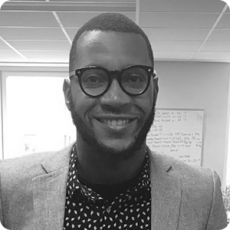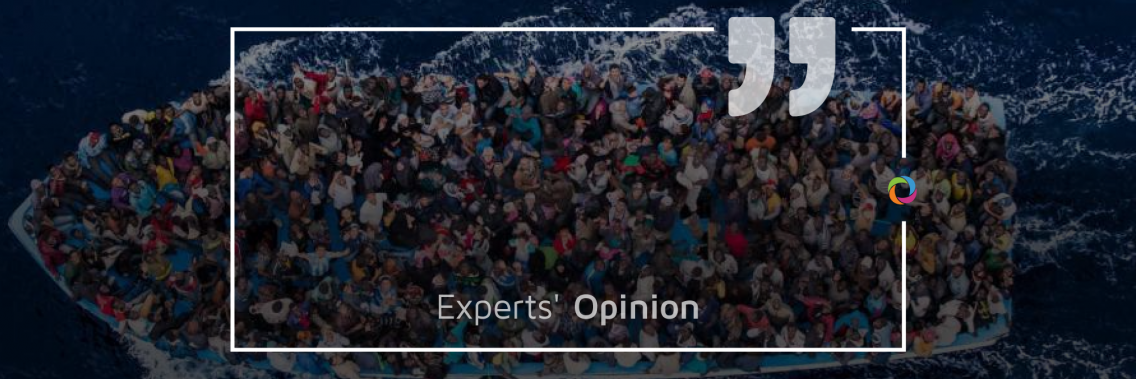Nobody is able to choose his/her place of birth and not everybody is even free to choose where to live. According to the UN, every minute, 20 people leave everything behind to escape war, persecution or terror. The 20th June was the World Refugee Day and to mark this occasion, we decided to interview a refugee from the international development sector. Become inspired by Omar Kallon’s story.
How did you become a refugee and what was the reason?

“I was born in Egypt to a Sierra Leonean father and an Egyptian mother. Due to my father’s inability to return to his homeland because of the raging civil war, we were granted refugee status. I was 12 when I heard the news of my family’s resettlement in the US, it was a more bitter than a sweet moment.”
What were the hardest challenges in leaving your country?

“Leaving behind family, friends, familiar environments, and starting over in a new place were the hardest hurdles facing me and my family.”
What were the first steps you took in order to settle in a new place and start a new life?

“Once in the US, I relied on the Sierra Leonean community for support adjusting to life while taking English as Second Language classes in school. Since I came to the US as a minor, school was my main task, thus obtaining higher education was not so much of a challenge as opposed to other incoming refugees who arrive around the age of 18 and above.”
How difficult was it to find a job and follow a career somewhere else?

“Regarding employment, however, my father, especially, faced difficulty finding a similar job to that which he had in Egypt due to language barriers and holding a degree that did not seamlessly translate to a US education equivalency.”
What do you think still needs to be done to address the refugee situation?

“On 5/3/2021, President Biden increased the refugee admission numbers to roughly around 63,000 which is a remarkable increase from his predecessor. However, strengthening capacities to handle such arriving numbers on all levels remains the number one issue. Further, long-term goals for refugees, such as higher education access and better employment prospects, should be the focus instead of the economic value of self-sufficiency model that forces refugees to maintain a job for survival for years. In a global context, more countries should set up a refugee admissions program to welcome more refugees who are geographically closer to their area of displacement, with an aid model to build capacity rather than dependency.”
What advice can you give to people who are now in your previous situation?

“For refugees struggling through the resettlement process, I tell them on a theoretical level to never give up. It is determination, resilience, and desire that pushed my family and me through this difficult journey. On a practical level, to conduct research! Researching their final destination, for example, the benefits given to refugees there, the educational opportunities, the political climate and public opinion towards refugees as this helps refugees to assess their progress and integration.”
Check out more than 30 job opportunities in the migration sector here.

